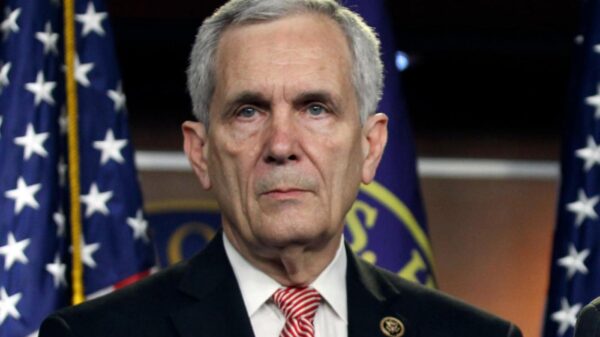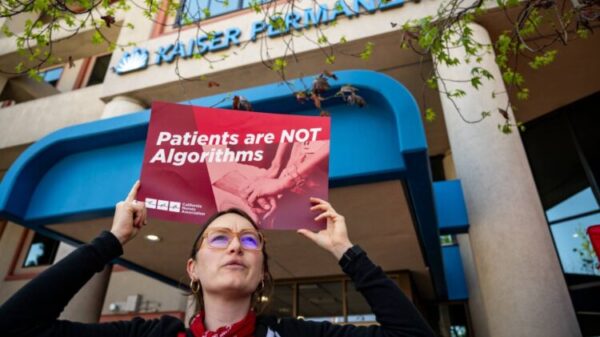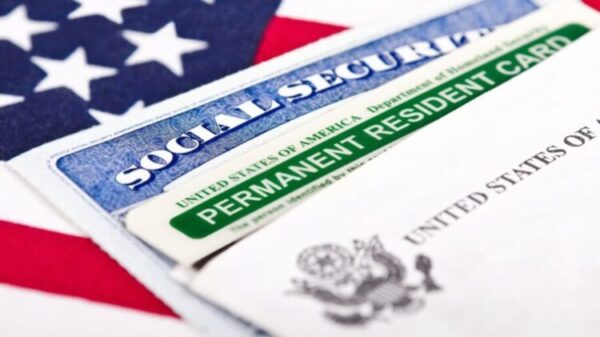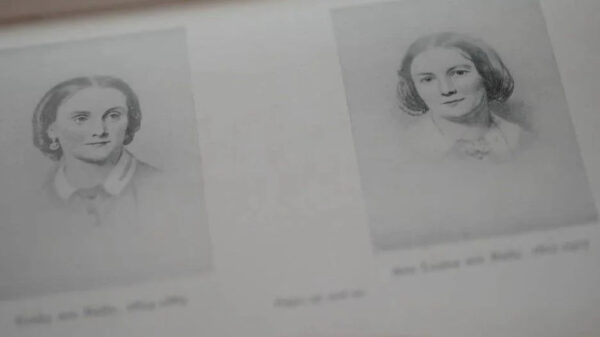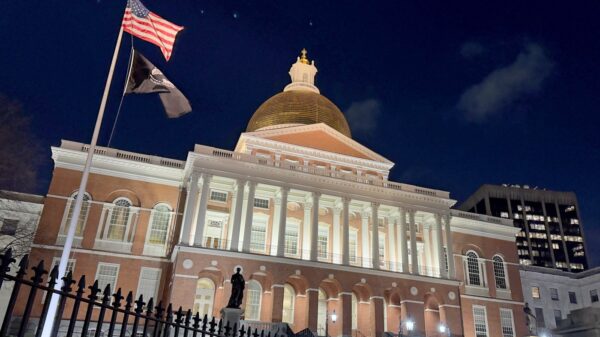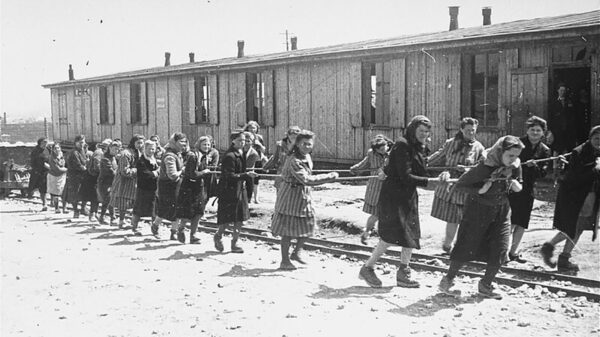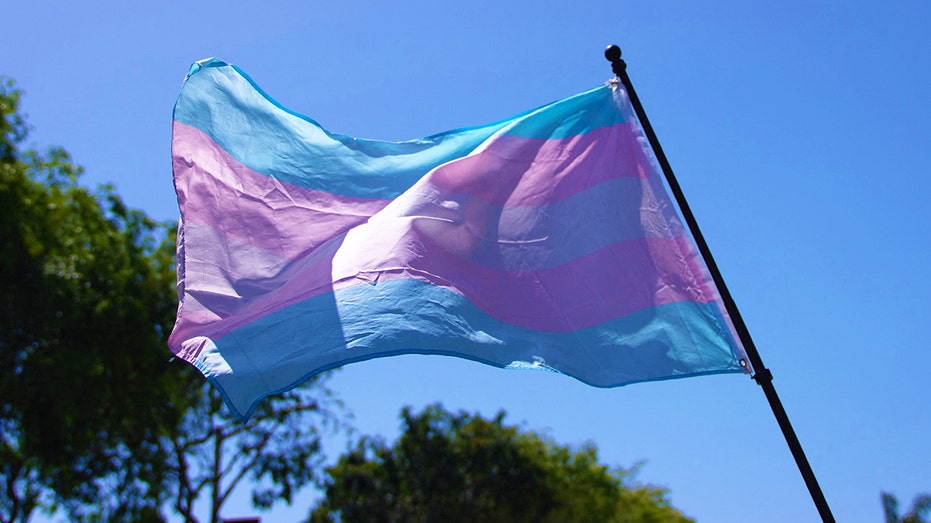A federal appeals court has upheld a controversial law in Arkansas that bans gender transition medical treatments for minors, allowing the state to enforce the prohibition. On October 3, 2023, the 8th U.S. Circuit Court of Appeals ruled 8-2 to reverse a previous decision by a lower court, marking a significant legal moment for the state and potentially setting a precedent for similar laws nationwide.
The law, known as the Save Adolescents From Experimentation (SAFE) Act, prohibits healthcare providers from administering puberty blockers, hormones, or surgeries to individuals under the age of 18. This legislation made Arkansas the first state in the United States to impose such a ban when it was enacted in April 2021, following a vote from the Republican-led legislature that overruled a veto from then-Governor Asa Hutchinson.
In its ruling, the appeals court referenced a recent decision by the U.S. Supreme Court that upheld a similar ban in Tennessee. The higher court found that such laws do not violate the equal protection rights of transgender minors under the U.S. Constitution. Arkansas Attorney General Tim Griffin, a Republican, expressed approval of the ruling, stating, “I applaud the court’s decision and am pleased that children in Arkansas will be protected from experimental procedures.”
Legal Challenges and Responses
The SAFE Act faced immediate legal challenges from four families of transgender children and two healthcare providers, who argued that the law infringed upon parents’ rights to make medical decisions for their children under the Fourteenth Amendment. In a dissenting opinion, U.S. Circuit Judge Jane Kelly criticized the majority ruling, noting that there was a “startling lack of evidence” connecting the ban with its purported goal of protecting children.
The law was previously blocked from taking effect in 2021. In 2023, U.S. District Judge Jay Moody ruled that the law discriminated against transgender individuals and posed “immediate and irreparable harm” to minors seeking gender-affirming care. The appeals court’s majority opinion, authored by Judge Duane Benton, stated that parents do not possess a constitutional right to obtain medical treatments that have been banned by the state.
The American Civil Liberties Union (ACLU) and its Arkansas chapter represented the plaintiffs in this case. Following the ruling, Holly Dickson, executive director of the ACLU of Arkansas, called the decision “tragically unjust” and asserted that the state failed to demonstrate the law’s efficacy in protecting children. “This is a dangerous law that harms children,” she stated, emphasizing that it has already impacted families across Arkansas significantly.
Political Reactions and Broader Implications
The ruling has drawn mixed responses from political leaders. Arkansas Governor Sarah Huckabee Sanders celebrated the decision, describing it as a “win for common sense—and for our kids.” Meanwhile, the implications of this ruling extend beyond Arkansas, as it aligns with a growing trend of legislation targeting gender-affirming care for minors in various states.
The ruling on October 3 follows a similar decision from the 10th U.S. Circuit Court of Appeals, which recently upheld a similar ban in Oklahoma, further indicating a potential shift in judicial attitudes toward such laws. As states continue to introduce similar legislation, the landscape of healthcare for transgender minors remains in flux.
The ongoing debate around these laws raises critical questions about parental rights, medical ethics, and the rights of transgender individuals. As legal battles continue, advocates on both sides of the issue are preparing for further challenges in the courtroom.







